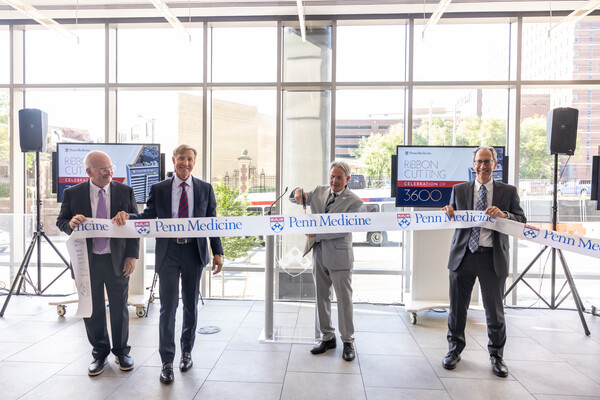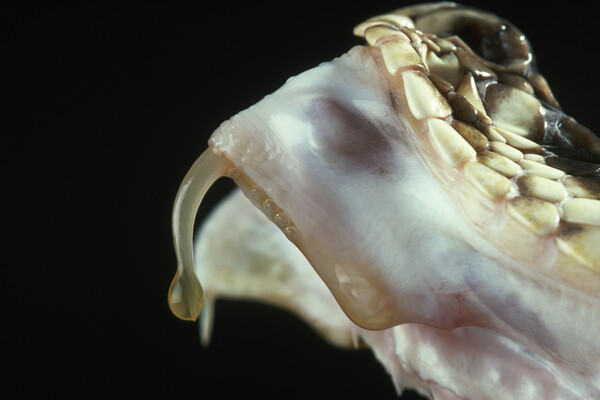
Image: lisanna881 via Getty Images

Image: lisanna881 via Getty Images

Image: nopparit via Getty Images

Grace Freund, an oncology nurse at the Hospital of the University of Pennsylvania, with a goat from the Philly Goat Project.
(Image: Courtesy of Penn Medicine News)

(From left) Kevin B. Mahoney, chief executive officer of the University of Pennsylvania Health System; Penn President J. Larry Jameson; Jonathan A. Epstein, dean of the Perelman School of Medicine (PSOM); and E. Michael Ostap, senior vice dean and chief scientific officer at PSOM, at the ribbon cutting at 3600 Civic Center Boulevard.
nocred

A penguin watching a vessel at sea.
(Image: Michael Beaulieu—French Polar Institute)

Research from the lab of César de la Fuente on an AI-powered screen of global venom libraries uncovers dozens of promising drug candidates.
(Image: McDonald Wildlife Photography Inc. via Getty Images)